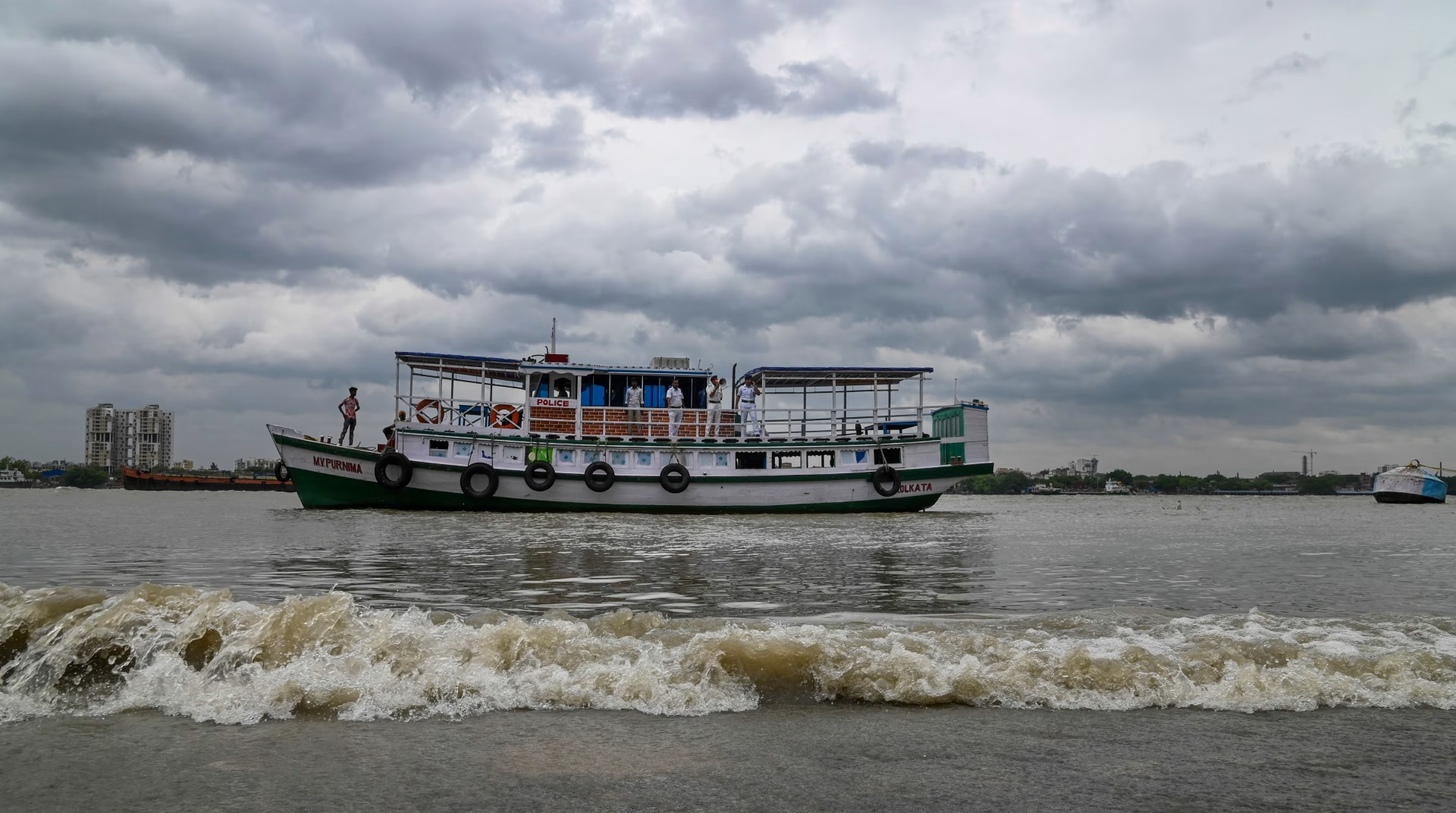In a significant disruption to South Asia’s port operations, Cyclone Remal forced major ports in Bangladesh and India to temporarily suspend activities on Sunday and Monday.
As the first tropical storm of the season for the region, Cyclone Remal’s severe impact has already resulted in at least 23 fatalities and left over 13 million people without electricity. The storm also triggered landslides in Mizoram, a northeastern state of India, exacerbating the region’s woes. Remal made landfall near Bangladesh’s southern port of Mongla and the adjacent Sagar Islands of India at approximately 9 p.m. local time on Sunday. The port of Mongla ceased operations, including the loading and unloading of goods, with services expected to resume by Tuesday morning. Similarly, Chittagong’s port, a vital hub for Bangladeshi trade, halted operations for 54 hours, resuming at noon on Tuesday. The interruption has led to significant congestion, with reports indicating a backlog of more than 39,000 twenty-foot equivalent units (TEUs) of containers.
In India, West Bengal’s ports, including the Syama Prasad Mookerjee Port in Kolkata, suspended all cargo and container handling operations for 12 hours beginning at 6 p.m. on Sunday. The disruption extended to the railway services in the port area. Flight operations were also severely affected, with the Netaji Subhas Chandra Bose International Airport in Kolkata postponing 170 domestic and 28 international flights for 21 hours from Sunday to Monday. Chittagong’s Shah Amanat International Airport faced a 17-hour shutdown, leading to the cancellation of nine domestic and seven international flights.
The adverse weather also impacted the Port of Colombo in Sri Lanka, causing berthing delays late last week. Colombo, a critical regional hub for Bangladesh and India, has faced increased pressure due to recent ship re-routing away from the Red Sea. The current delays at Colombo port are estimated at four days for incoming vessels, according to data from supply chain visibility platform GoComet.
The disruptions are expected to cause further delays in the shipment of apparel goods from Bangladesh and India, two of the world’s largest apparel exporters. According to the World Trade Organization, Bangladesh is the third-largest exporter with annual exports valued at $45.3 billion, while India ranks sixth with $17.7 billion. The port delays coincide with a sharp increase in ocean spot freight rates, driven by escalating global demand and reduced capacity. The Drewry World Container Index (WCI) has surged by 16 percent this week, reaching $4,072 per 40-foot container, marking a new high for the year.
As global ports grapple with increased demand and capacity issues, the cascading effects of Cyclone Remal underscore the vulnerability of supply chains to extreme weather events. The continued disruptions in South Asian ports highlight the critical need for resilient infrastructure and strategic planning to mitigate such impacts.


